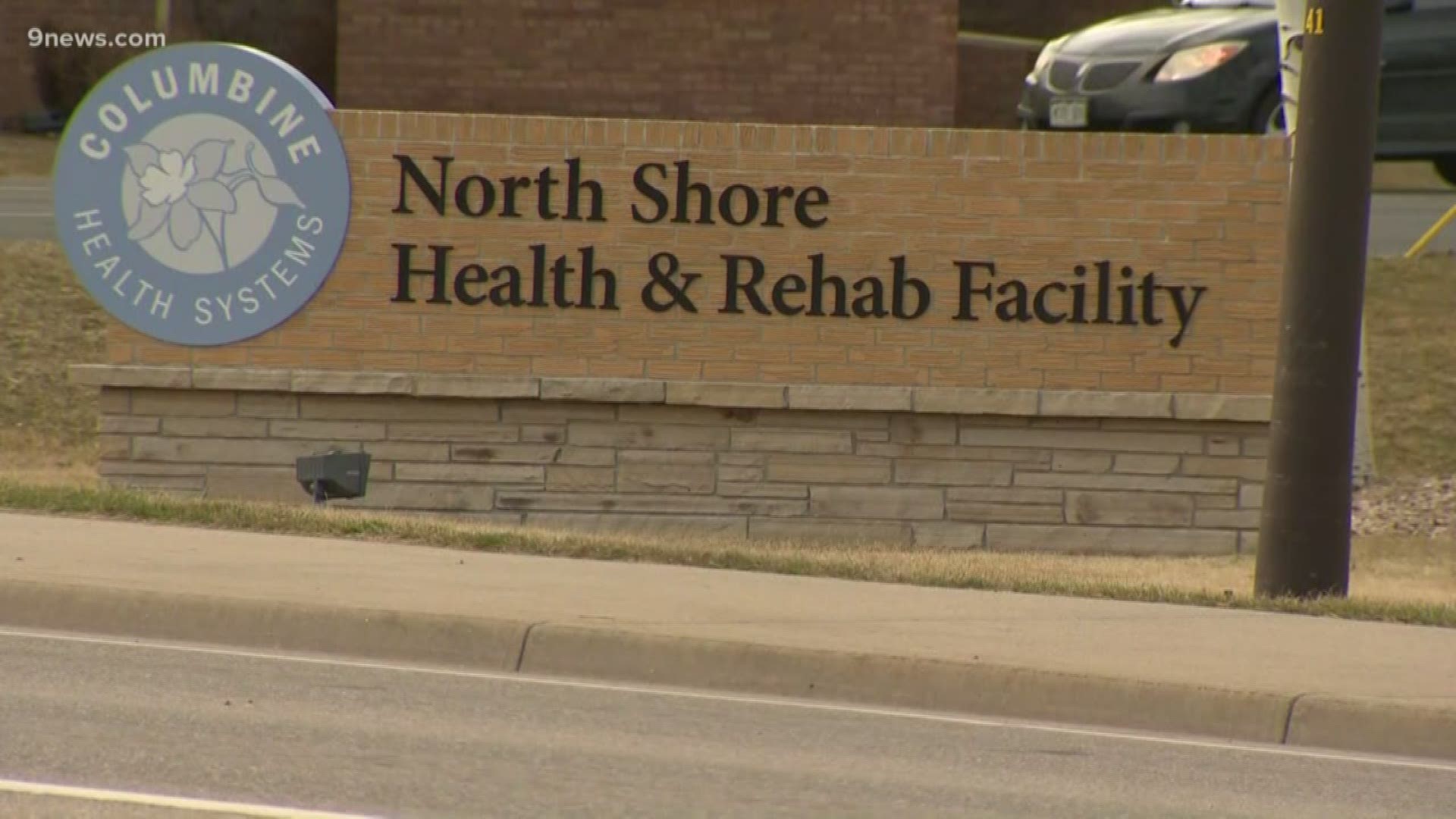COLORADO, USA — In Colorado, 216 people have tested positive for the novel coronavirus, COVID-19, and two people have died as of Wednesday.
The Weld County Department of Public Health and Environment (WCDPHE) said a man in his 70s died from COVID-19, the second death in the state. His death is connected to one of the earlier identified positive cases, WCDPHE said.
The first person who died was an El Paso County woman in her 80s with underlying health conditions, according to a news release from the Colorado Department of Public Health and Environment (CDPHE). CDPHE released a public health alert after learning the woman attended bridge games at the Colorado Springs Bridge Center between Feb. 27 and March 3.
On Tuesday, a resident at a long-term care facility in Larimer County tested positive after a staff member tested positive last week.
Due to the high-risk nature of the virus, a team of infection preventionists and epidemiologists from CDC and the Colorado Department of Public Health and Environment (CDPHE) have been working closely with the Larimer County Department of Health and Environment (LCDHE) and providing on-site technical assistance and support regarding case investigation, infection prevention, healthcare worker safety assessments and personal protective equipment.
Also on Tuesday, MSU Denver said an employee has tested positive for COVID-19. The employee was last on campus on March 11 and has been self-isolated at home since then. Here's a list of all resources available to the campus community.
With guidance from the Centers for Disease Control and Prevention (CDC), providers are able to test patients independently of public health departments, so statistics regarding the number of presumptive positive cases are expected to change.
COVID-19 is a virus that first appeared in Wuhan, China, in late 2019. Symptoms of COVID-19 can include fever, cough and breathing trouble. Most patients develop only mild symptoms. But some people, usually those with other medical complications, develop more severe symptoms, including pneumonia, which can be fatal.
> NOTE: Due to the large number of new cases that continue to come in, CPDHE said on March 14 it will shift to reporting aggregate data for new cases instead of listing the details of each individual case.
RELATED: Coronavirus live blog: March 16-22
- Denver: 43
- Eagle: 39
- Jefferson: 25
- Arapahoe: 22
- Gunnison: 11
- Pitkin: 11
- Douglas: 11
- Adams: 10
- Weld: 9
- El Paso: 8
- Boulder: 7
- Summit: 4
- Larimer: 4
- Garfield: 2
- Clear Creek: 2
- Routt: 2
- Grand: 1
- Mesa: 1
- Pueblo: 1
- Unknown county: 3
Cases by age
Cases by county
Cases by exposure type
Cases over time
To help prevent the spread, people should:
- Wash their hands often with soap and water for at least 20 seconds. Use an alcohol-based hand sanitizer that contains at least 60% alcohol if soap and water are not available.
- Avoid touching their eyes, nose and mouth with unwashed hands.
- Stay home when they are sick.
- Cover their cough or sneeze with a tissue, then throw the tissue in the trash.
- Clean and disinfect frequently touched objects and surfaces.
- Avoid close contact with people who are sick.
If you are feeling ill with symptoms similar to those associated with COVID-19 the Denver Department of Public Health and Environment (DDPHE) recommends the following:
- Manage your symptoms at home the same way you manage other cold symptoms. To the extent possible, people with flu-like symptoms should remain at home.
- If you need medical care, contact your primary care provider and schedule a visit. Let them know that you are concerned you might have COVID-19.
- Only contact 911 for emergencies requiring immediate life-saving care and let them know if you are concerned you might have COVID-19.
- Restrict visits to the hospital emergency room or urgent care - only individuals needing immediate care should visit these facilities. If you must visit an ER or urgent care facility, call ahead and let them know that you are concerned you might have COVID-19.
CDC's testing guidance includes three types of people:
- Those who have symptoms such as fever OR lower respiratory symptoms (cough or shortness of breath) and have had "close contact" with a confirmed coronavirus patient within 14 days of their first symptoms.
- Those who have fever AND/OR lower respiratory symptoms, require hospitalization and have traveled to areas impacted by the epidemic in the last 14 days.
- Patients with fever and severe, acute lower respiratory symptoms who require hospitalization, and for whom no other diagnosis has been found — such as the flu. No travel or contact exposure is needed.
DDPHE said it's working with city leadership to ensure that public health and safety measures are ready to be implemented in the event of a local outbreak with community transmission.
Those measures could include limiting large gatherings and encouraging employers to allow employees to work from home whenever possible.
Members of the public with general questions can call CO HELP at 1-877-462-2911 to be connected with a local public health representative. They can also visit denvergov.org/dphe.
SUGGESTED VIDEOS | Local stories from 9NEWS

